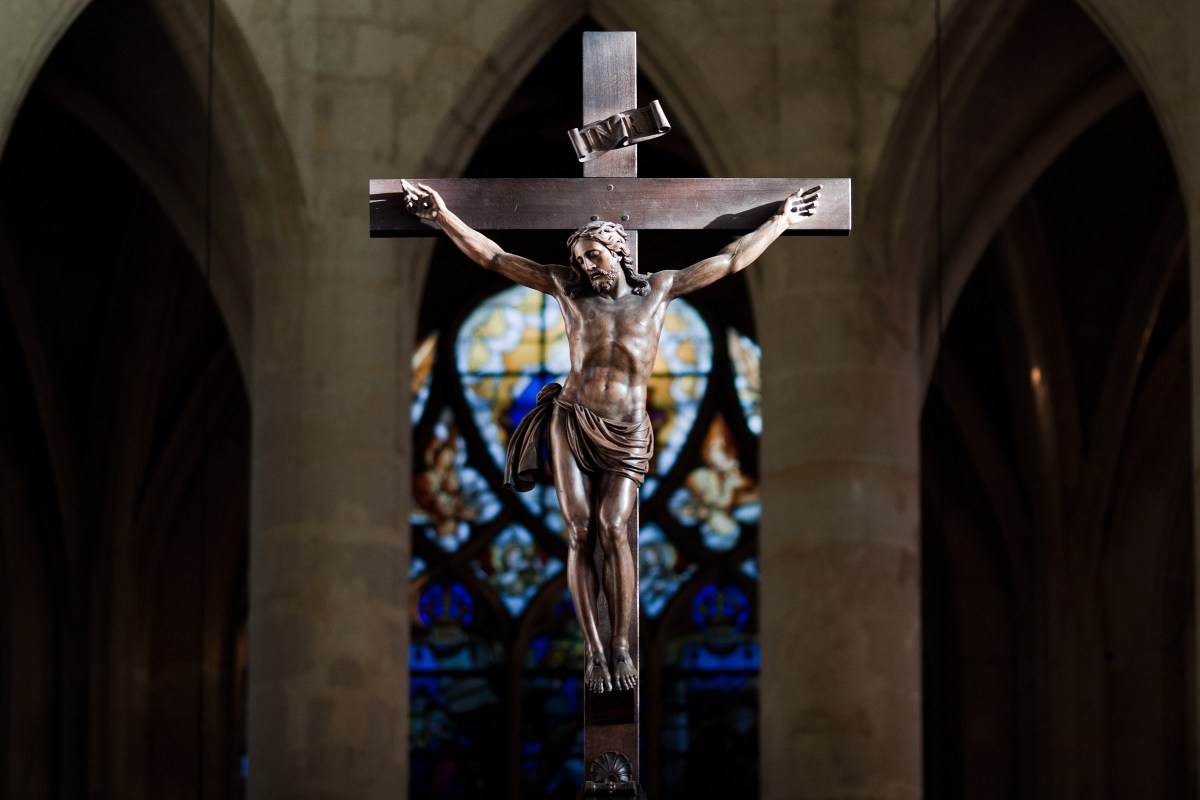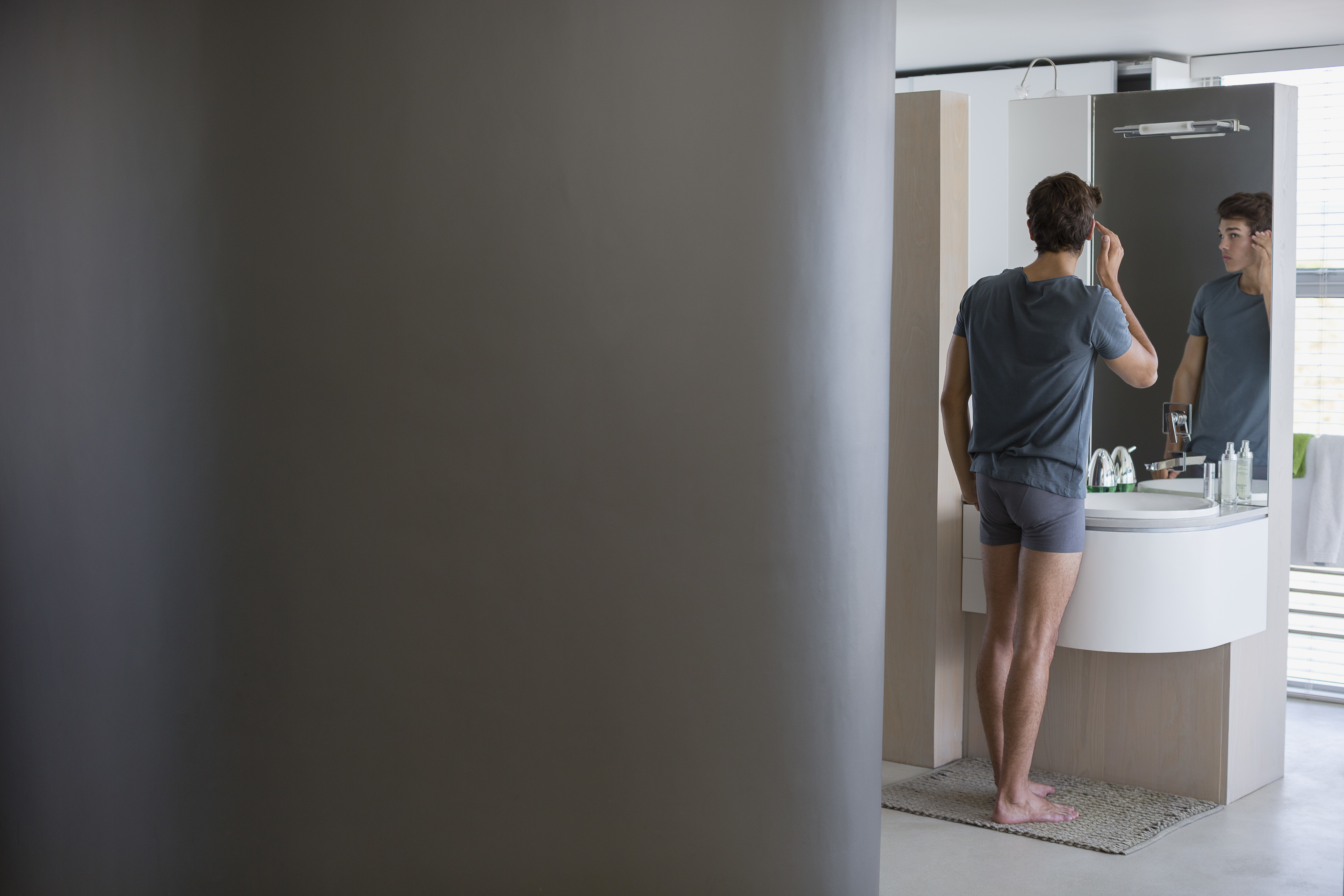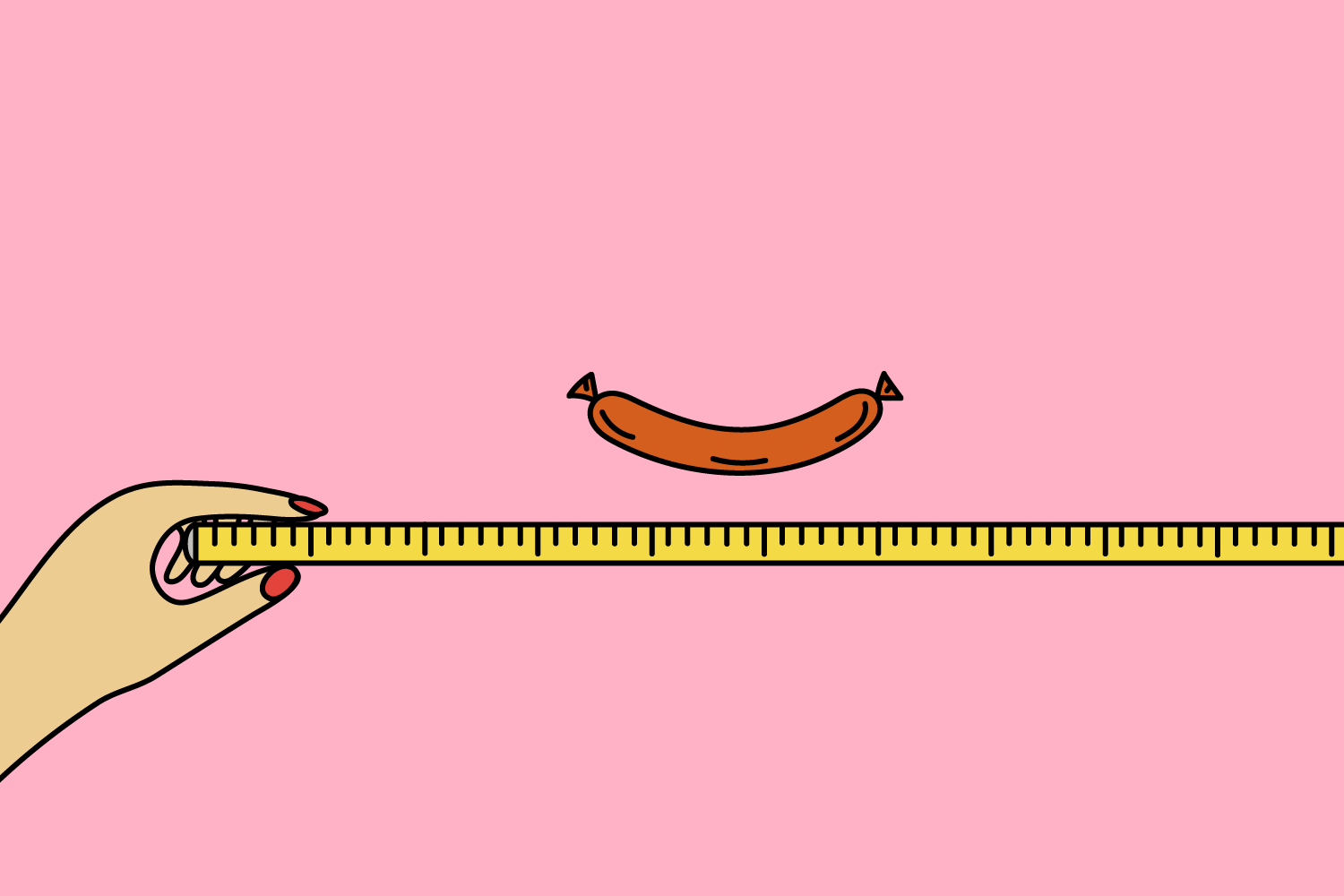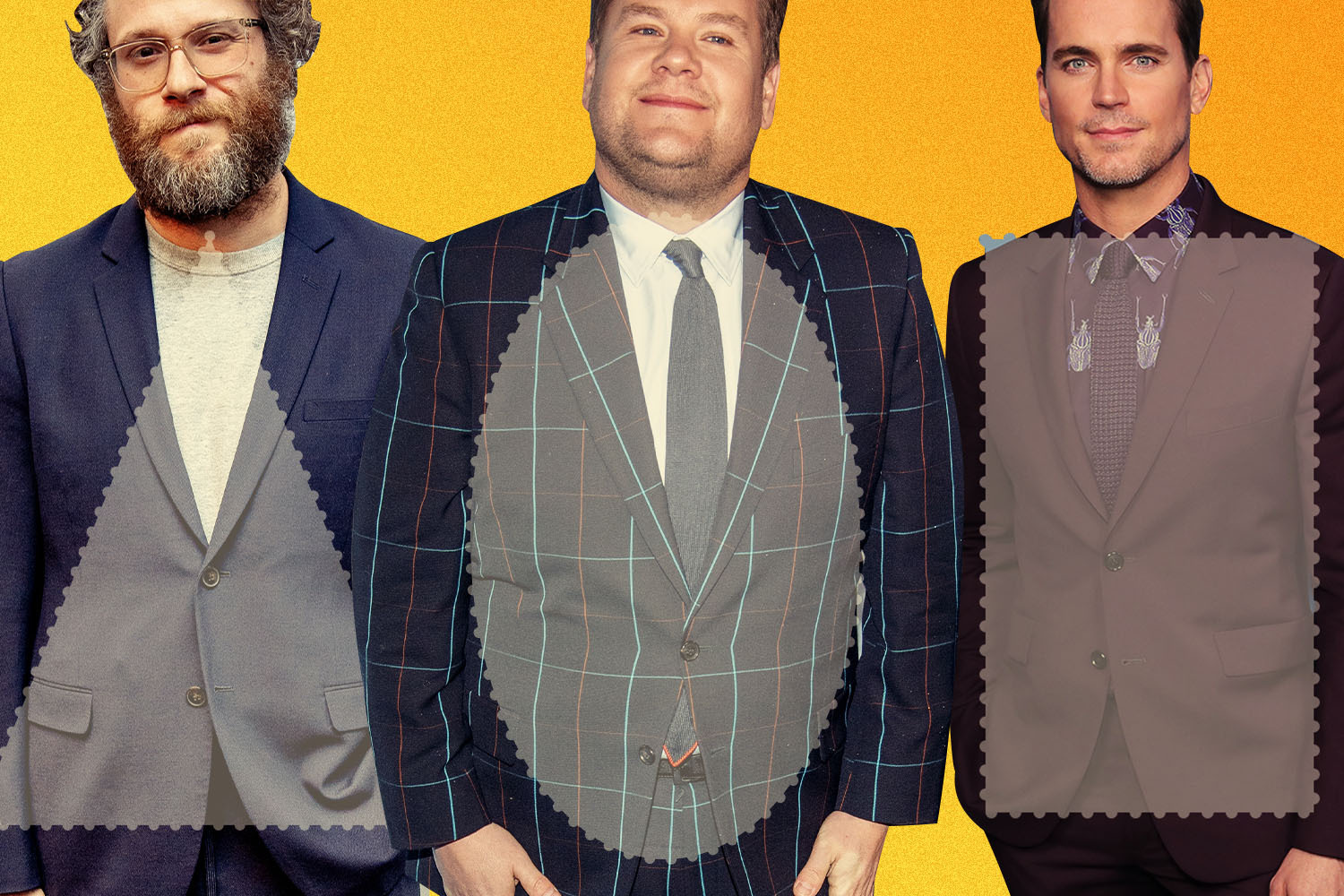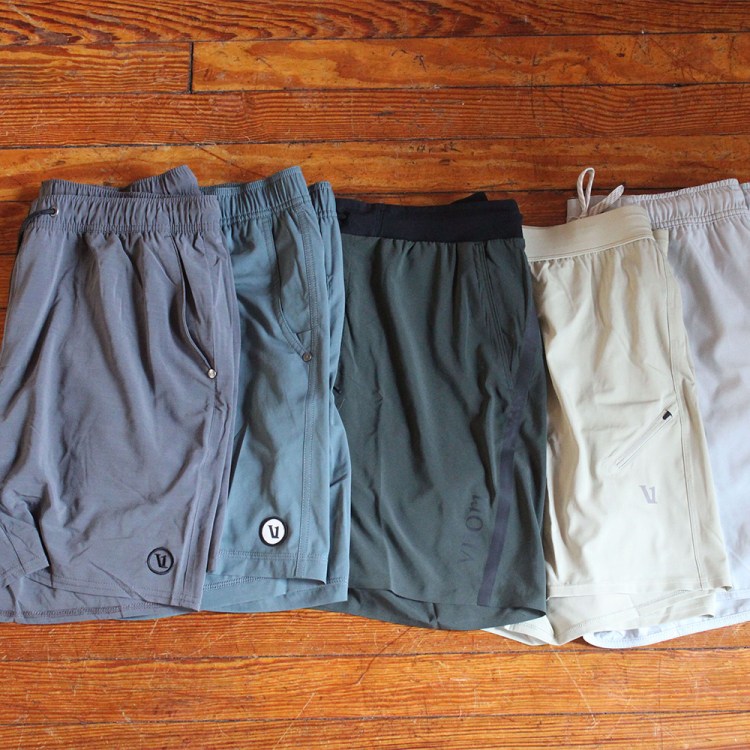As a young Catholic child, I spent a lot of time being jealous of the emaciated body of Christ on the cross, which, for those not in the know, is a thing that is on full display behind the altar of every Catholic church. Despite belonging to a man, Jesus’s dead and/or dying body was sculpted with that enviably thin, heroin-chic Paris Hilton look peddled as the feminine ideal at the time. In the sculpture hanging behind the altar of my church, Jesus’s hip bones poked out above his loin cloth much like Hilton’s did over her low-rise jeans in the early aughts. I would sit in the pew, staring at Jesus’s stick-thin legs and tiny waist and hope that if my murdered body were ever displayed publicly, my ribcage would also protrude over my hollowed-out abdomen. Then I would kneel down and pray for god to make me skinny.
Perhaps this is why my lifelong fixation on death and my terrible relationship with my body have always seemed to go hand-in-hand — two sides of the same mentally ill coin I’ve never managed to pawn off. According to a recent study, however, this shouldn’t be the case. In fact, my willingness to contemplate my own mortality should actually make me less preoccupied with the aesthetics of my corporeal form, says science.
The study, published late last year in the aptly titled journal Body Image, found that women who spent more time thinking about their own death experienced higher levels of “body weight satisfaction.” To arrive at this conclusion, researchers recruited 158 female college students and had some of them “read a descriptive scenario that had them imagine themselves dying in an apartment fire.” Those women were then asked a series of questions prompting them to explore their thoughts about their death and how their family members and loved ones might respond to it. All participants then completed a questionnaire, this time asking them questions about “body satisfaction, body appreciation, broad conceptualization of beauty, endorsement of cultural appearance ideals, and the importance they place on their physical appearance.” Ultimately, researchers found that women in the “death reflection group” were more satisfied with their bodies.
(The study only involved female participants, but as we’ve discussed, men can hate their bodies too and also gender is a construct, etc. etc. The point is, if you’re like, “But I’m a man. What does any of this have to do with me?” the answer is: you can still hate your body and also you, too, will one day die. Of this I am certain.)
I’ll admit, these results check out. After all, how concerned can you really be with how closely your body matches whatever aesthetic ideals you’ve been internalizing since childhood when you’re busy grappling with the undeniable fact that you will one day die and none of this really matters? For the death-positive among us, the promise of our certain, inevitable demise can be comforting like that. Once you realize your body is just a skin suit that will one day fail you, who cares if that cellular husk has abs or a Kardashian butt or would look good hanging in a place of worship as a reminder of the fallibility of man or whatever?
Unfortunately, while I’ve often found comfort in the vast futility of all things and the fact that none of this really matters because someday I’ll just be dead like everyone else, this nihilistic coping mechanism has never really come through for me when it comes to talking myself out of hating my body. When I think about death and my body together, all I can think about is the fact that — barring a death that involves complete physical annihilation — at some point a mortician or coroner or someone is probably going to be alone with my naked corpse, and I won’t even be able to suck in my stomach or arrange for flattering lighting. Ordinarily I can find some comfort in the constant possibility of sudden, unexpected death, but now I’m just worried that if I get hit by a bus tomorrow I won’t have time to diet before the funeral.
Anyway, it’s clearly too late for me. But if you’re someone who didn’t grow up gazing enviably at a sculpture of an emaciated corpse, perhaps you can successfully seek refuge from your body image issues in the comforting promise of your inevitable, if eventual, death.
Whether you’re looking to get into shape, or just get out of a funk, The Charge has got you covered. Sign up for our new wellness newsletter today.
